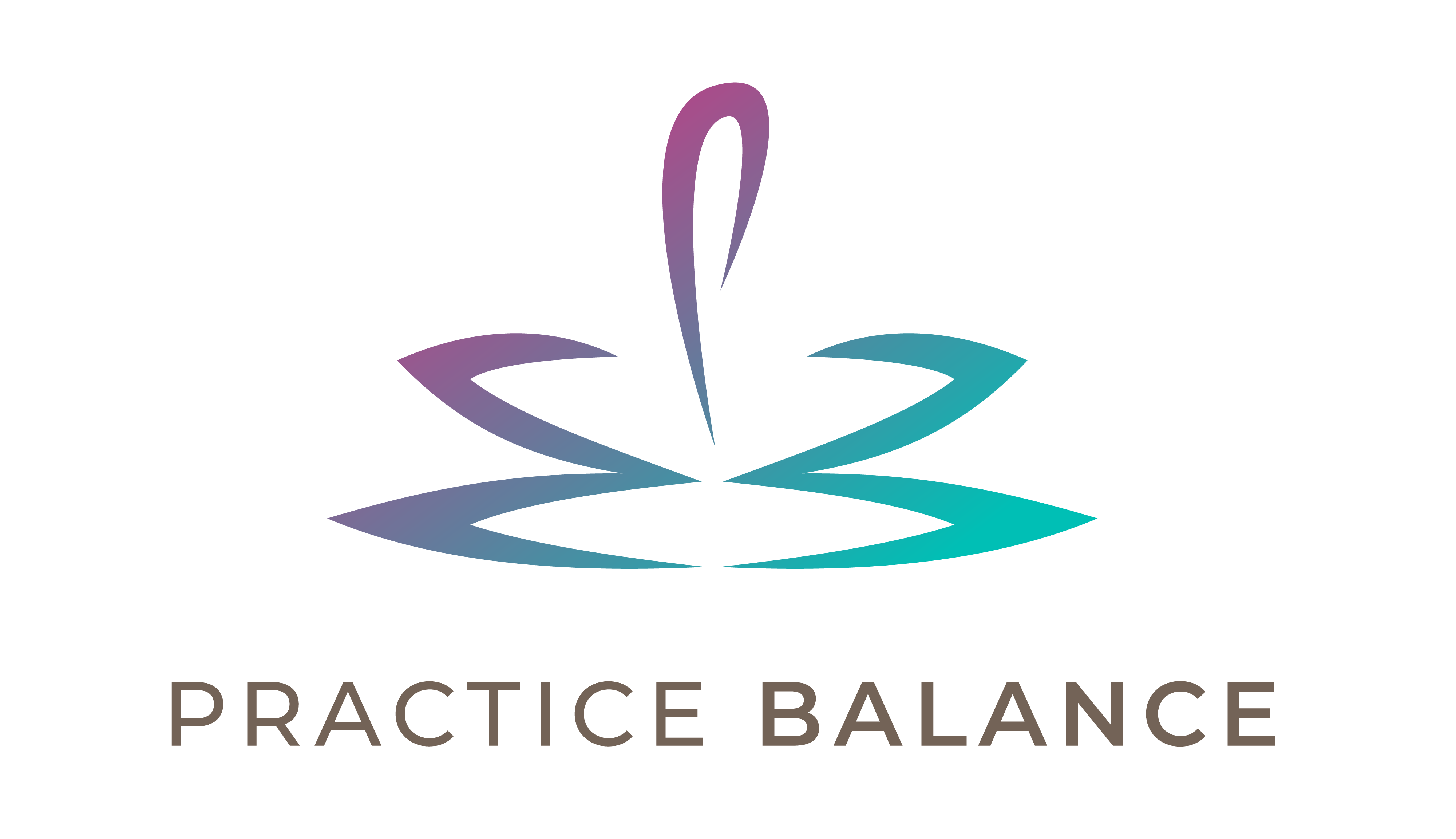Although I read it a while back, this book cannot escape my mind; I keep seeing it referenced in articles and hearing it talked about in interviews. Seems fitting to share with you!
In Mindset – The New Psychology of Success, Carol Dweck identifies two types of predominant patterns of thinking in our culture: the growth mindset and the fixed mindset. While these ideas are difficult to define succinctly, here are some examples of thinking from each type:
- Fixed Mindset – Your level of intelligence is very basic and cannot be changed much. You can do things differently, but the important parts of who you are can’t really be changed.
- Growth Mindset – You can always change how intelligent you are, and you can change basic things about the kind of person you are.
Growth vs. fixed mindset people think as learners vs. non-learners. They are lovers of challenge vs. possessing a fear of failure.
“In one world, effort is a bad thing. It, like failure, means you’re not smart or talented. If you were, you wouldn’t need effort. In the other world, effort is what makes you smart or talented.”
Dweck then discusses the intricacies of the different mindsets, with real-life examples in chapters that cover major areas of our lives: achievement, athletics, leadership/work, relationships, parenting/teaching/mentoring, etc.
Fixed mindset thinking involves the need to prove one’s self. Will I succeed or fail? Will I look smart or stupid? As you can imagine, this is a dangerous pattern that limits our happiness and creativity. Dweck provides a segment at the end of each chapter called Grow Your Mindset containing bullet point tips for adopting a growth mindset in the areas discussed in that chapter. She shows how a growth mindset translates to belief in effort, new definitions for success, and resilience in the face of setbacks. Those sound like things that we all need!
A small paperback with roughly 240 pages, this book is a quick read with lots of relevant examples and practical, thought provoking points. Have you read it or have you heard of these philosophies elsewhere? Share your thoughts here!



Did you find it insightful? Anything you wan to try the book suggests? I am not sure it is a valid division of people. For instance I want to do things I do well the same way (because it works beautifully). But I want to always be developing my mind, and grow spiritually. And if I am fixed in my ways for certain routine, it does not mean I do not believe in effort, I give it 100% at things I do. Try book Habits. It is closer to reality I think. We all form habits, we are also in charge of changing our habits for the better. Also,what is your new definition of success after reading this book?
Anonymous, since your way of doing something works well, would you be willing to consider a modification that might work better? If not, you are in a fixed mindset. If you are willing to try something new, that's a growth mindset! I found Carol Dweck's book very insightful- especially in dealing with patients, those willing to consider changes to improve health, vs. those who 'know' that, for example, 4 donuts each morning don't contribute to their weight problems because they need the donuts to 'keep up (their) strength'. Mindset is also a concept I keep in mind, checking myself when in find myself comparing myself to others: Is there a purpose here? Is this a useful comparison? Or am I seeking to validate something that is a fixed mindset approach?
I also like the book Habits, which offers a more nuts-and-bolts approach to actually changing/dropping/developing habits. Both are books well worth reading!